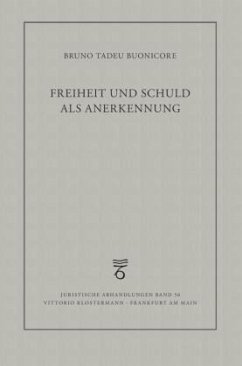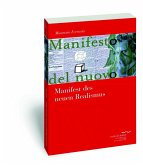Das Schuldprinzip ist eine Grundmaxime des demokratischen und sozialen Rechtsstaates. Die Grundlage der strafrechtlichen Schuld befindet sich jedoch in einem interdisziplinären und methodologischen Spannungsfeld. Um den Schuldbegriff konkurrieren unterschiedliche ontologische, funktionalistische und naturalistische Ansätze mit Ansichten aus der Erkenntnis- und Wissenschaftstheorie. Zentral ist dabei die Bedeutung von individueller Freiheit. In der vorliegenden Studie wird aufgezeigt, dass die herkömmlichen Begründungsmodelle strafrechtlicher Schuld aus den genannten Konzeptionen Normativitäts-, Verifikations- und Legitimationsdefizite aufweisen. Deshalb bieten sie argumentativ nur eine unzureichende Grundlage der strafrechtlichen Schuld. Von daher werden sie hier durch die Idee einer materiellen Anerkennung individueller Freiheit als einer vom Staat vermittelten und historisch konstruierten Wirklichkeit ersetzt. Dies umfasst auch die (Un-)Verhältnismäßigkeit zwischen der vom Staat zugeschrieben und konkretisierten Freiheit und der individuellen Freiheit des Einzelnen.The principle of guilt forms a basic maxim of the democratic and social constitutional state. However, the basis of criminal guilt is located in an interdisciplinary and methodological field of tension. Different ontological, functionalist, and naturalistic approaches compete with views from epistemology and philosophy of science in order to reach a definition of the concept of guilt. Central to this is the importance of individual freedom. The present study shows that the conventional models of justification of criminal guilt brought forward by the above-mentioned concepts have deficits concerning the requirements of normativity, verification, and legitimation. For this reason, they offer only an insufficient argumentative basis for criminal guilt. For this reason, they are replaced here by the idea of a material recognition of individual freedom as a reality historically constructed and mediated by the state. This also includes the (in)proportionality between the freedom ascribed and concretized by the state and the individual freedom of the individual.








